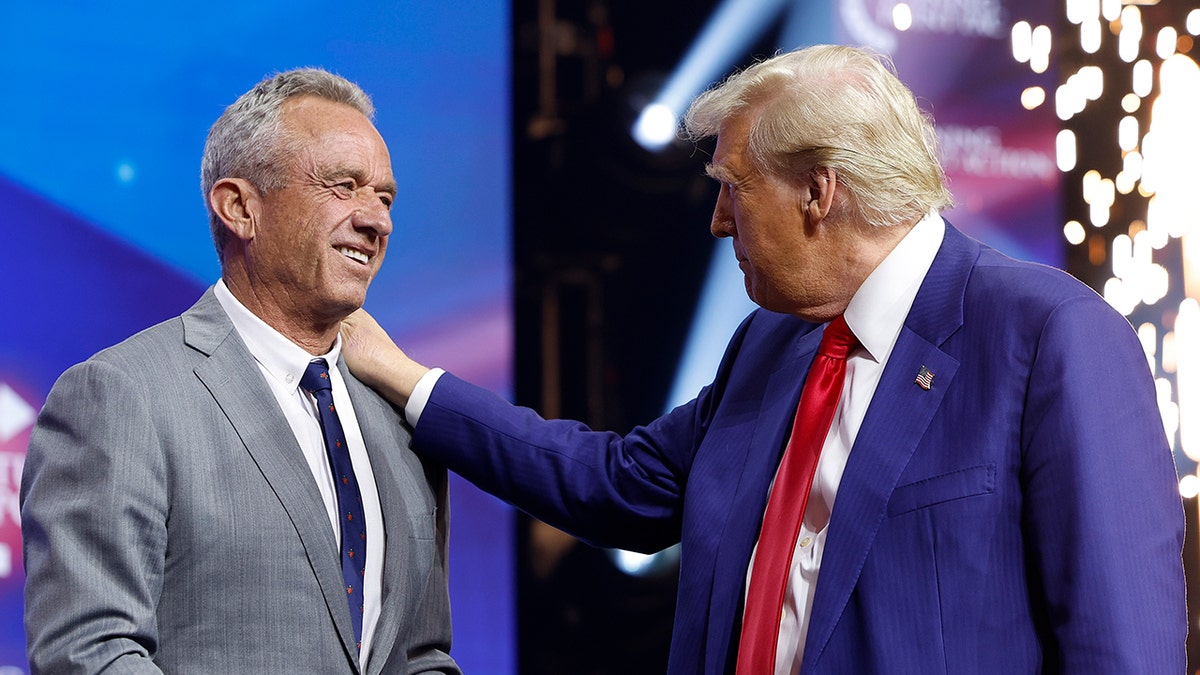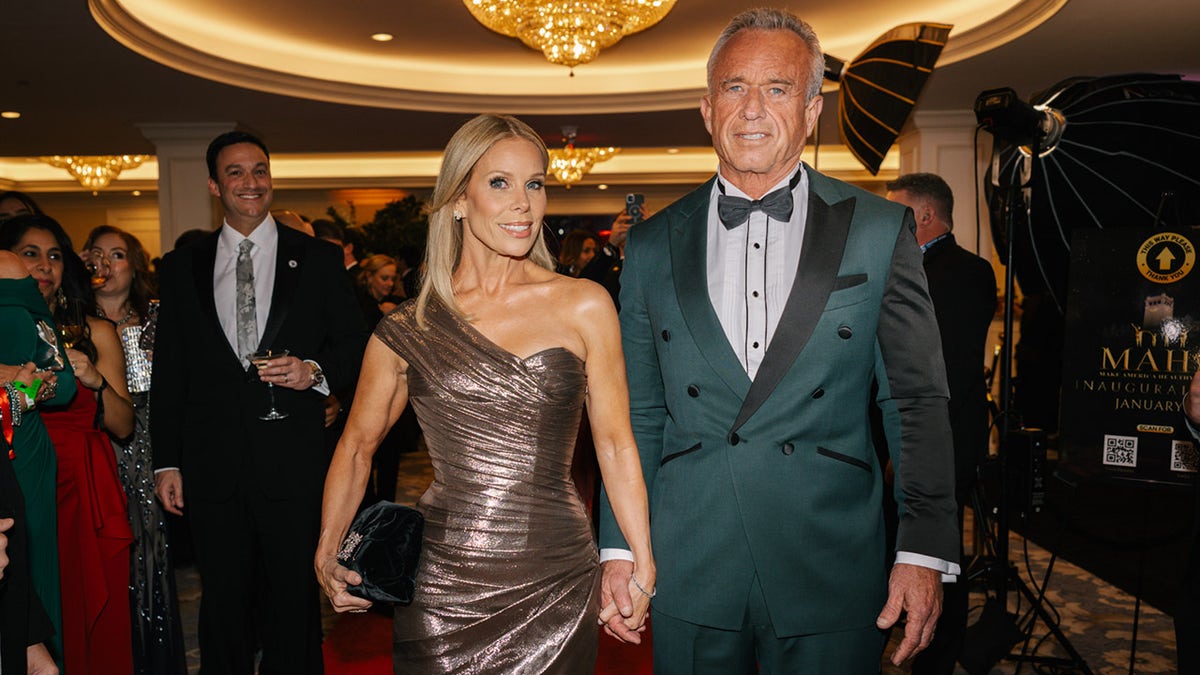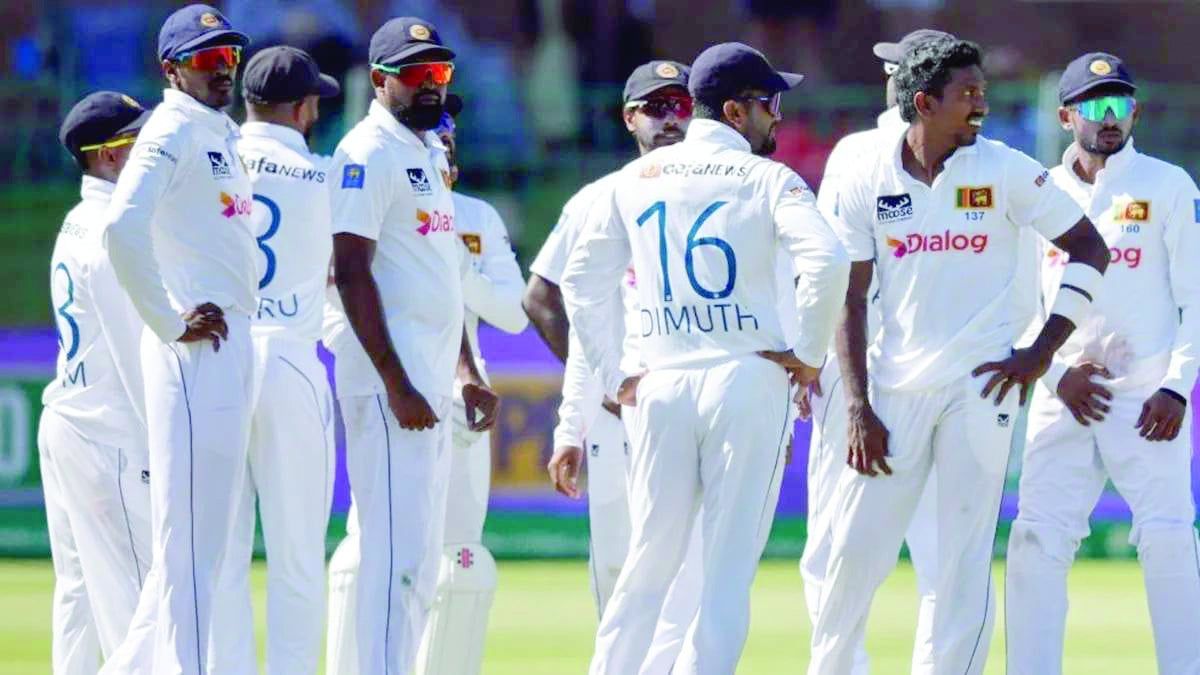Navigating the complex political landscape requires a keen focus on the well-being of all Americans. While I've supported the Trump agenda's focus on healthcare reform, due to its potential for positive change, the nomination of Robert F. Kennedy Jr. to head the Department of Health and Human Services presents a unique set of challenges.

Kennedy's advocacy for clean food aligns with my own beliefs, and his efforts to combat the prevalence of ultra-processed foods are commendable. However, his past statements on vaccines and other public health topics have generated considerable concern, potentially overshadowing his positive contributions.

Over 17,000 physicians have voiced opposition to his nomination, highlighting the tension between desired change and potential disruption. An advisory role might have been a more strategic approach, leveraging Kennedy's expertise while minimizing the risks associated with his controversial history. This would have allowed the administration to pursue its health agenda without the distraction of ongoing debates about Kennedy's past.

While Kennedy's focus on reducing chemical additives in vaccines, medications, and the food system is laudable, leading the HHS demands a more comprehensive and less divisive approach, especially given the current climate of public distrust in the medical field. As his confirmation hearings proceed, Kennedy must directly address his controversial stances, particularly his previous claims linking vaccines to autism.

He needs to demonstrate a commitment to evidence-based public health policies, acknowledge past missteps, and express a willingness to collaborate with public health professionals. His approach must reassure senators that he won't undermine vaccination programs or public trust in established medical science.
Kennedy has recently softened his stance on vaccines, shifting his focus to ensuring their safety. While some may view this as a political maneuver, the reality is that scientific understanding evolves, and public health recommendations should adapt accordingly. Re-evaluating the safety and efficacy of vaccines, medications, and even food and cosmetics is a worthwhile endeavor.

RFK Jr.'s confirmation prospects hinge on his performance during the hearings, the prevailing political climate, and his ability to steer discussions toward areas of potential consensus, such as food policy reform and vaccine safety. The key hurdle remains overcoming the skepticism stemming from his past rhetoric. Addressing this convincingly is essential for his confirmation and for advancing a meaningful health agenda for America.








